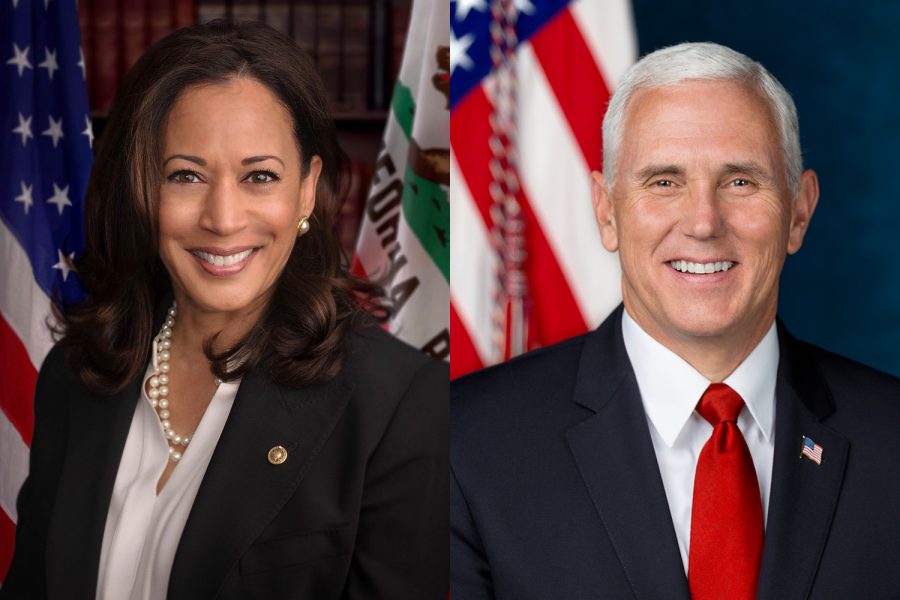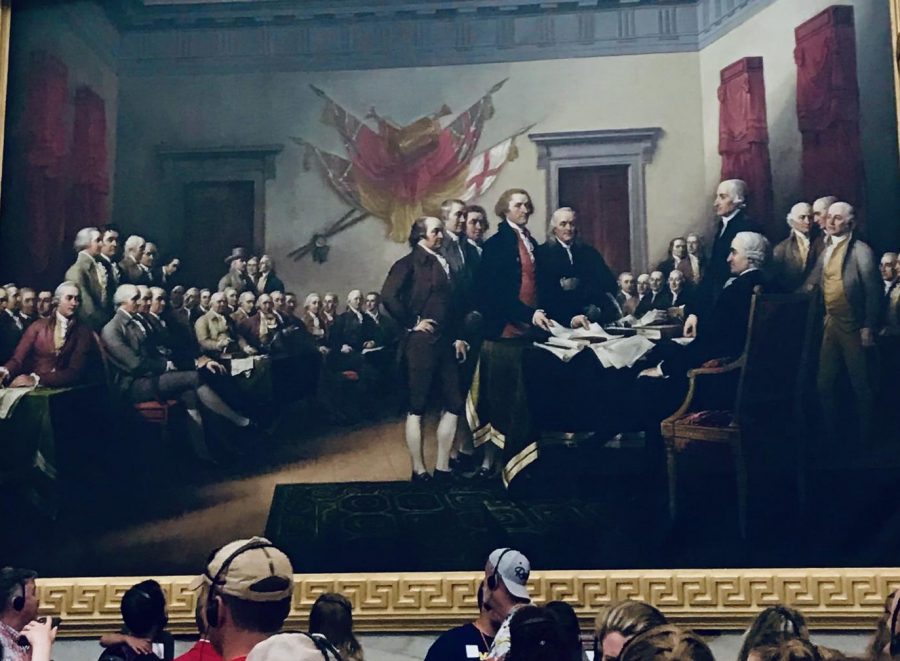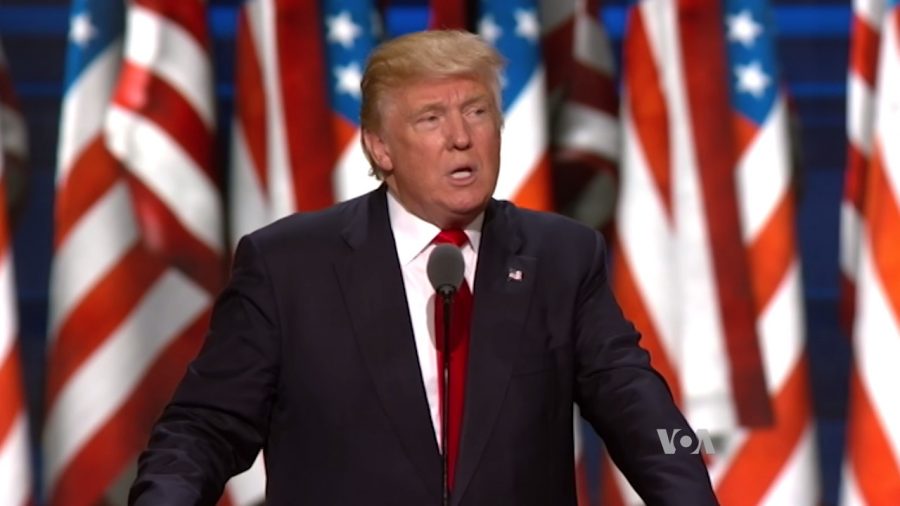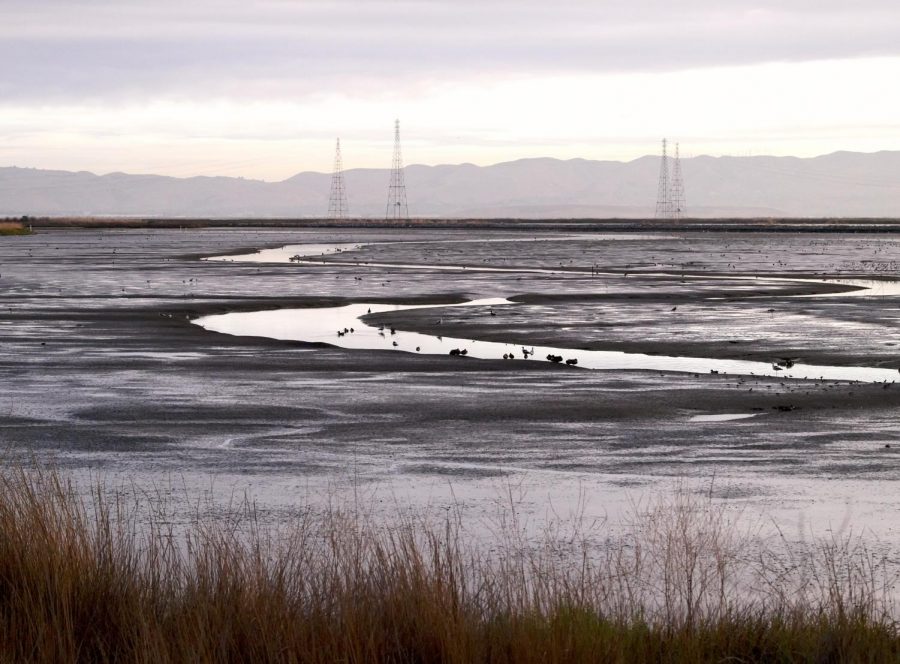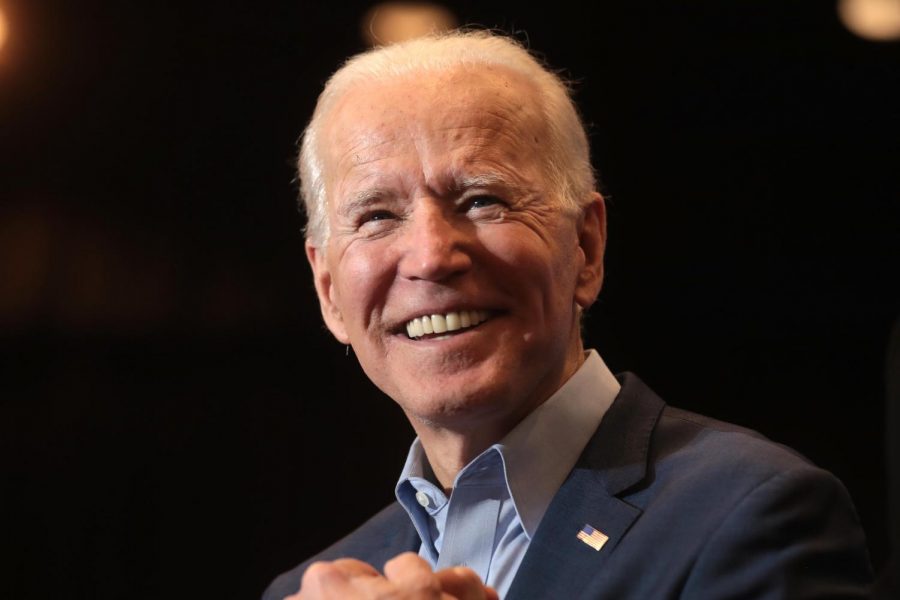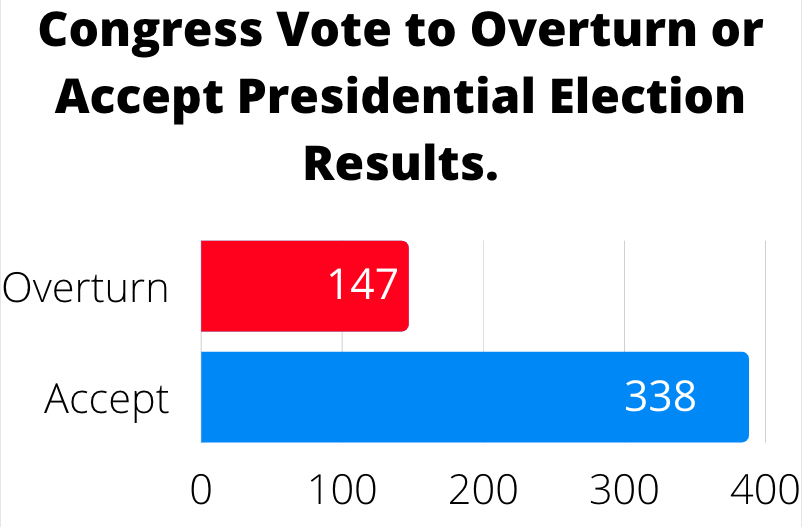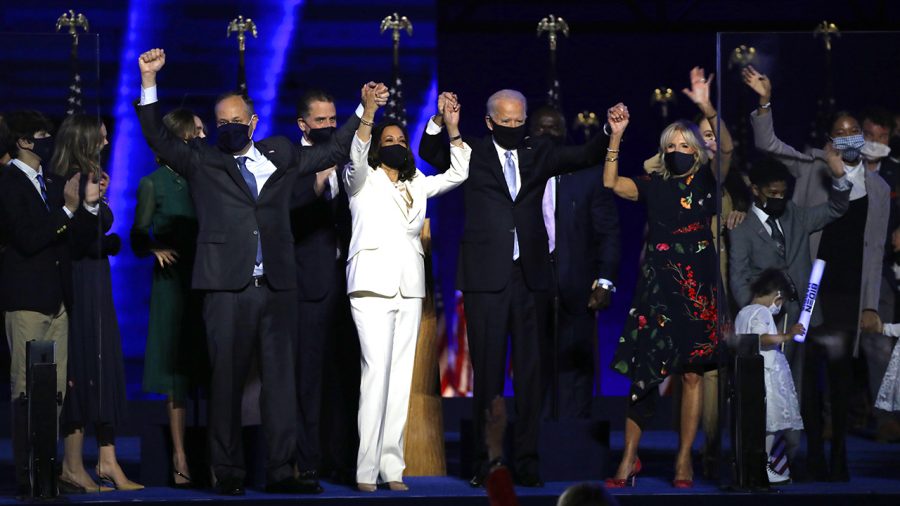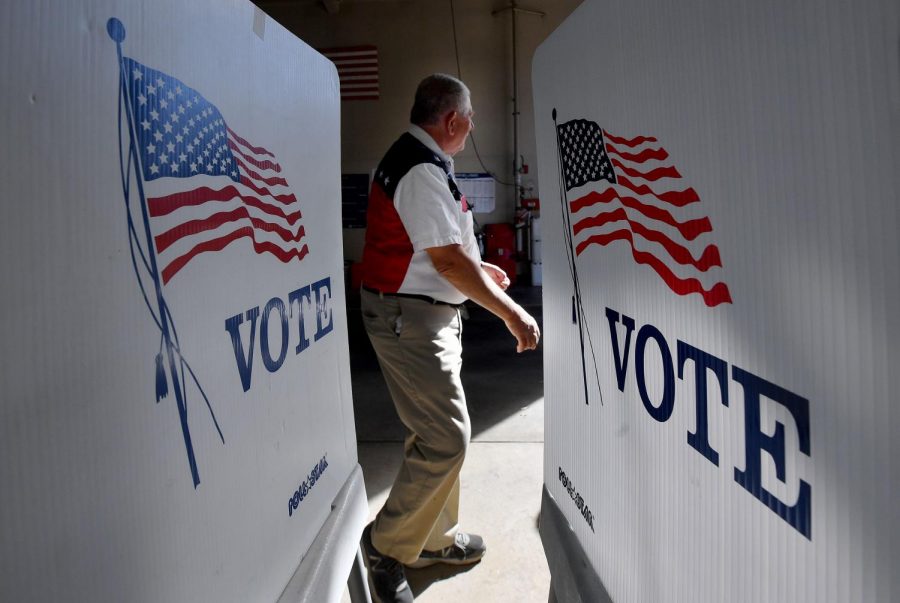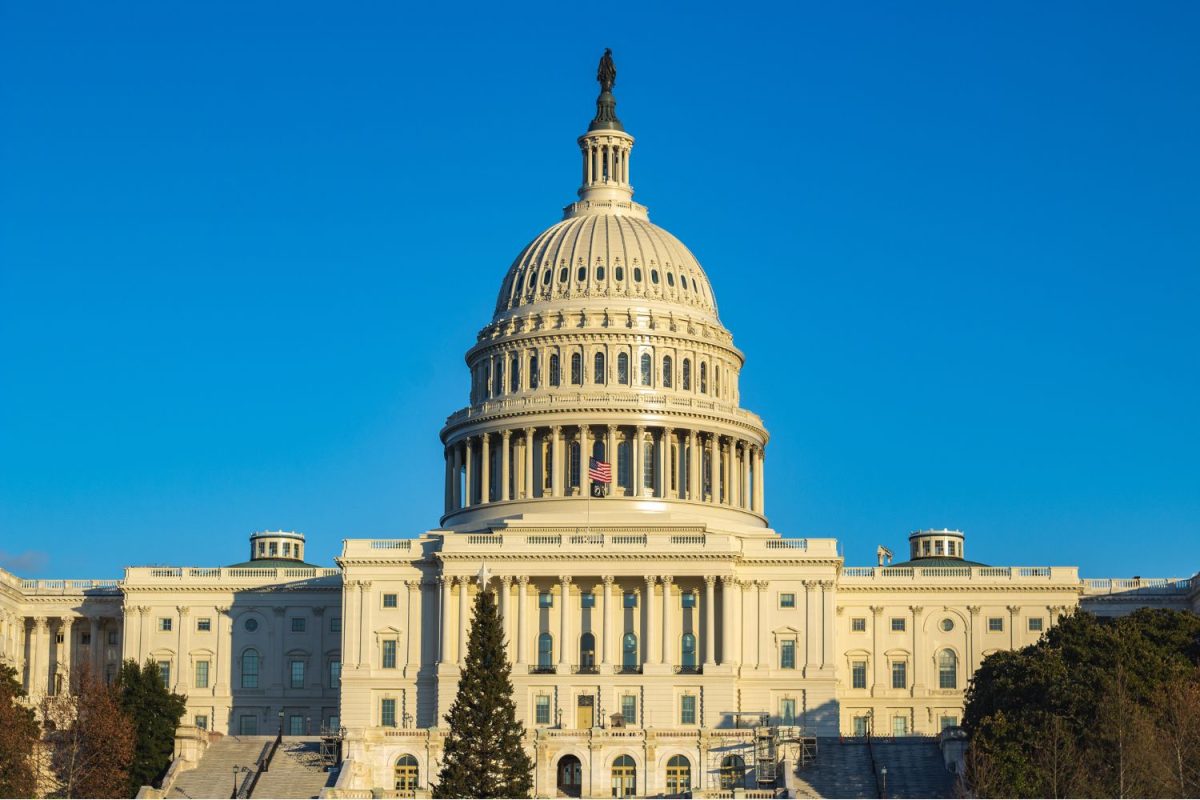While the presidential nominees have spent the past months building their reputations, their running mates have been right alongside them.
With Trump being the oldest president and Biden being three years older, and COVID-19 threatening the health of many, sources are predicting that it is more likely than usual that whoever wins the vice presidency may one day be president.
Keeping that in mind, Trump’s running mate Michael “Mike” Pence, and Biden’s running mate Kamala Harris, have stark differences on some of the key issues concerning the American people.
Vice President Mike Pence
Upbringing and Education
Pence was born in Columbus, Indiana in 1959 and was one of six children to a U.S. Army veteran. As a child, Pence was influenced by the Irish Catholic beliefs from his family and idolized John F. Kennedy.
Pence graduated Hanover College with a bachelor’s degree in history in 1981 and earned his J.D. at Indiana University’s School of Law in 1986.
Professional career
Pence was a conservative radio and TV talk show host in the 1990s. He lost two bids for a congressional seat prior to successfully running in 2000, becoming Republican conference chairman. Subsequently, he was elected governor of Indiana in 2012, and in July 2016 he was selected as Republican presidential nominee Donald Trump’s running mate. He and Trump were elected on Nov. 8, 2016, and sworn in on Jan. 20.
Gun control
Pence opposes gun control and co-sponsored the Firearms Interstate Commerce Reform Act to loosen restrictions on interstate gun purchases.
In his 2016 State of the State speech to the Indiana legislature, Pence said, “firearms in the hands of law-abiding citizens–including our National Guard–makes our communities more safe, not less safe.”
Along with advocating for cross-state concealed carry and other loosened restrictions, Pence voted “yes” on multiple bills that would protect gun manufacturers and dealers.
COVID-19
President Trump named Pence as the leader of the White House Coronavirus Task Force to combat the spread of COVID-19 in Feb. 2020.
Pence exempted himself from wearing a mask in the hospital during a visit, saying he needed to look the staff “in the eye.” After being criticized for promoting “completely irresponsible public health messaging,” he acknowledged he should have worn a mask, and did so when he visited a ventilator production facility.
In June, as cases were spiking, Pence gave an optimistic press briefing where he made several misleading and false claims about the state of the pandemic. He argued that surges in cases were the result of increased testing, telling reporters that increases in new cases were a “reflection of great success in expanding testing across the country.” However, health experts noted that case growth outpaced the number of tests and that the share of positive tests was increasing.
Pence also falsely claimed that coronavirus fatalities were declining all across the country, that the curve had been flattened, and that all 50 states were opening up.
Healthcare
As a member of Congress from 2001 to 2013, his deep opposition to abortion led him to initiate efforts to strip federal funding from Planned Parenthood.
Pence also voted against the Patient Protection and Affordable Care Act saying, “The Obamacare nightmare is about to end,” along with other negative remarks about the acts.
In February 2020, after conflicting statements by administration officials via television, it was announced that Pence would control all messaging from government health officials regarding the pandemic, rather than the CDC.
Immigration
Pence has long been against open borders. He once warned migrants, “If you can’t come legally, don’t come [to the U.S.] at all.” Along with the rest of the Trump administration, his goal is to build a wall so that immigrants cannot enter the U.S. from Mexico.
Climate Change
As a long-time climate skeptic, Pence has continually denounced the effects of climate change, saying global warming is “a myth.”
During Pence’s term as governor, the Republican-controlled Indiana Assembly repeatedly tried to roll back renewable energy standards and successfully ended Indiana’s energy efficiency efforts.
Pence has been an outspoken supporter of the coal industry, declaring in his 2015 State of the State Address that “Indiana is a pro-coal state.” Later that year, he denounced Obama’s Clean Power Plan, which would regulate carbon emissions from existing power plants, and stated Indiana would refuse to comply with the plan.
Criminal Justice
In the wake of many incidents involving police violence and the protests that followed, Pence and Trump have been critics of Harris and Biden for being “enemies of the police.”
At a campaign event in 2016, Pence discussed police shootings in Oklahoma and North Carolina. He said, “Donald Trump and I believe there’s been far too much of this talk of institutional bias or racism within law enforcement. Police officers are human beings. In difficult and life-threatening situations, mistakes are made and people have to be held to strict account. … we ought to set aside this talk about institutional racism and institutional bias.”
California Senator Kamala Harris
Upbringing and education
Harris was born in 1964 in Oakland, CA. She was the child of two immigrant parents but was raised by her mother after their divorce. Her mother, originally from India, was a successful cancer researcher, and her father, initially from Jamaica, is an economist and professor emeritus at Stanford University.
Harris earned her bachelor’s degree in political science and economics at Howard University and furthered her education by completing a law degree at the University of California’s Hastings College of the Law. After graduating law school in 1989, Harris began working as a deputy district attorney, and in 2004, Harris became a district attorney of San Francisco. By 2011, Harris had moved on to being attorney general of California and was then voted in as a U.S. senator of California, a job she is still currently working.
Gun control
Harris has made promises to use executive action to achieve stricter gun control if elected. Along with most of the Democratic party, she supports mandatory background checks, tightening loopholes, more regulation of gun manufacturers, and a ban on assault weapons. She has also mentioned that she would be open to the idea of a mandatory buyback program for assault rifles.
COVID-19
In regards to the COVID-19 pandemic, Harris is a strong advocate for free virus testing and free masks to slow the spread. She has also been working to improve the financial issues that have arisen because of the virus.
These ideas include federal laws to stop landlords from evicting renters, monthly stimulus checks for people with incomes less than $120,000 a year, and healthcare coverage for COVID-19 treatment and vaccines.
Healthcare
Harris’ constantly changing opinion on healthcare has been a key downfall in her vice-presidential campaign.
In 2017, she was one of the first Democrats to sign Bernie Sanders’ Medicare for All bill, which would provide government-run medical insurance for all Americans.
However, she has since expressed different opinions against the elimination of private health insurance companies. As of October 2020, the Democratic presidential nominee is against Medicare for All and instead wants to strengthen the Affordable Care Act.
Immigration
As a child of immigrants herself, Harris has been particularly vocal about her opinions about immigration. She plans to provide a path towards citizenship for the large number of undocumented immigrants currently living in the U.S.
Like most Democratic candidates, she supports decriminalizing border crossings by undocumented immigrants.
“Let’s be clear. This is a nation founded by immigrants. Unless, you know, your history is of your ancestors being kidnapped and brought over on a slave ship unless you are Native American, your people are immigrants,” said Harris at MSNBC Town Hall in 2019.
Climate Change
Senator Harris, along with many people in the U.S., has expressed concerns about climate change. To combat this, she was a co-sponsor of the Green New Deal, which advocates for overloading the U.S. economy in order to prevent and stop climate change.
In her current campaign, she outlined a plan for net-zero emissions by 2045. However, this climate plan comes with a $10 trillion price tag.
Criminal justice
Along with the rest of the Democratic party, Harris supports reform in the criminal justice system. She has described herself as a “progressive prosecutor” and “top cop” in her California government jobs. However, she does not support defunding the police. Instead, she wants to focus on “reimagining how we do public safety in America.”

